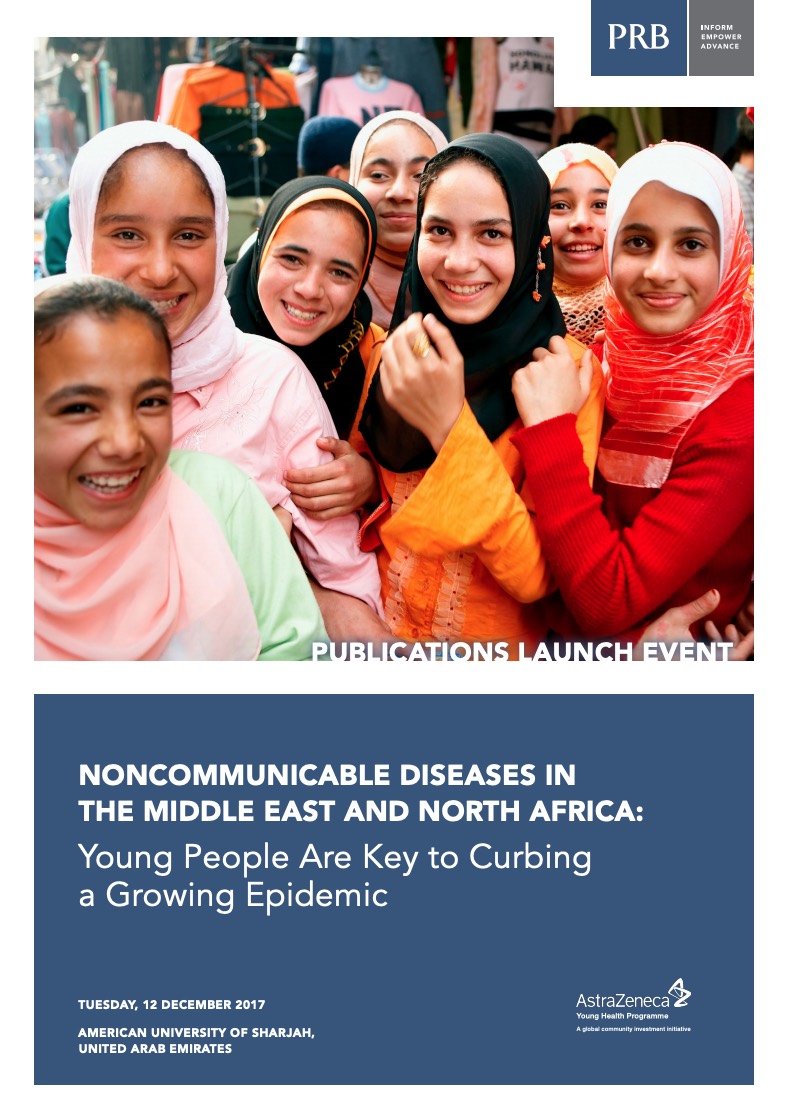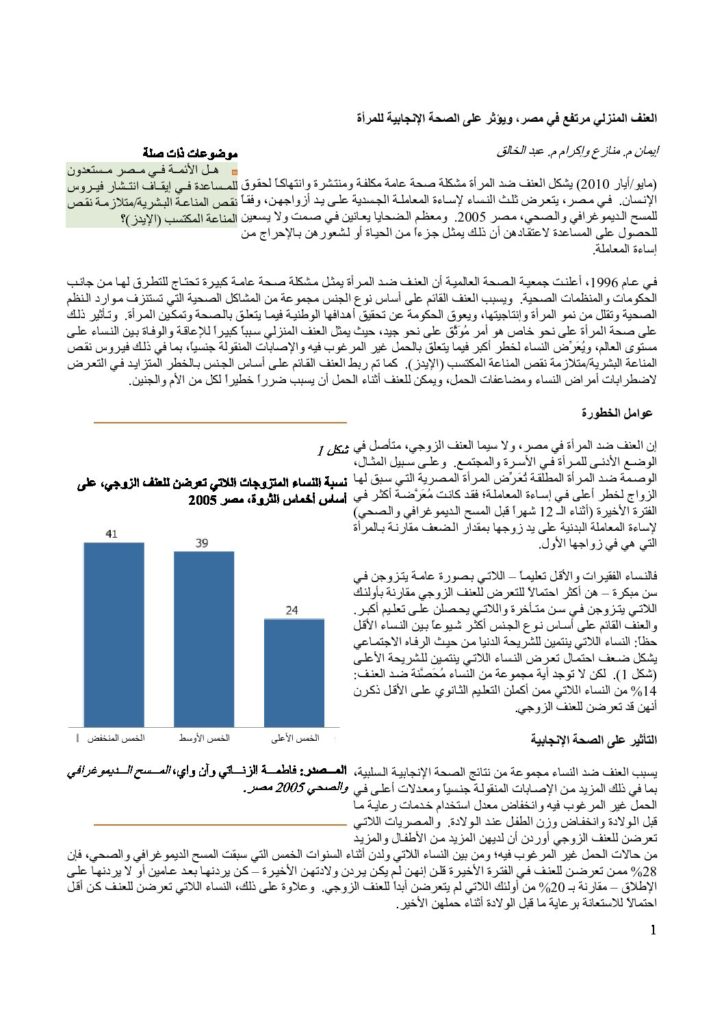Project: Combatting Noncommunicable Disease Risk Factors in Youth
Launch Event Program. Noncommunicable Diseases in the Middle East and North Africa
Young People Are Key to Curbing a Growing Epidemic. Decemeber 2017 publication launch event at American University of Sharjah, United Arab Emirates






